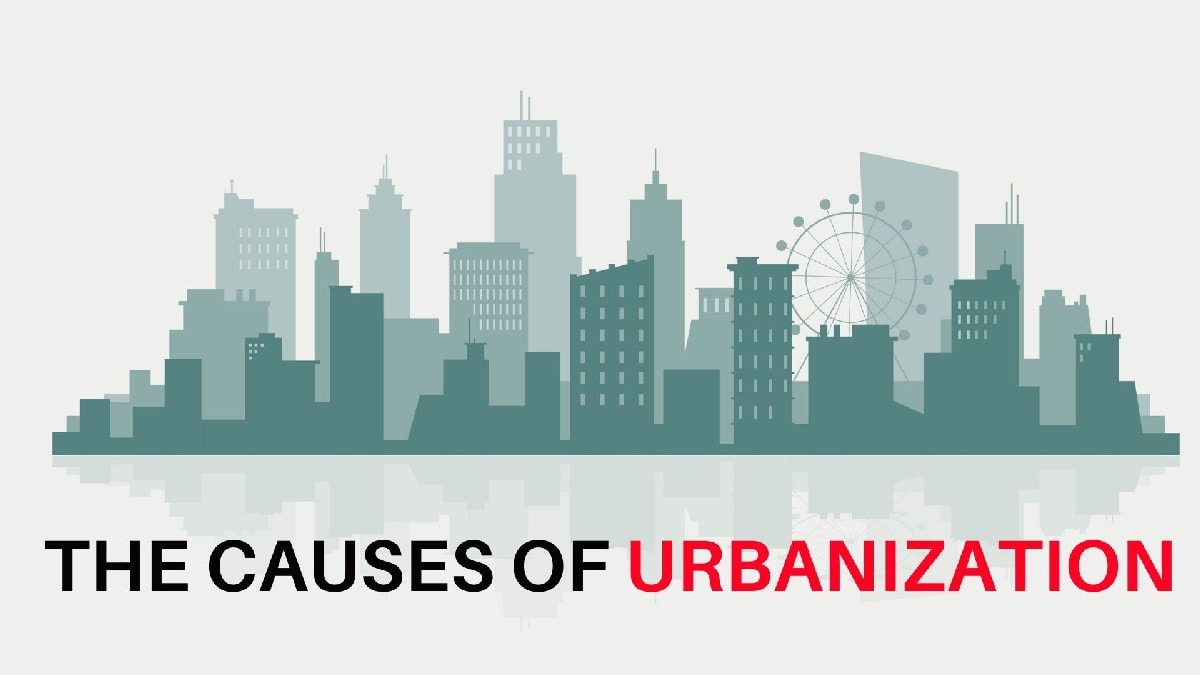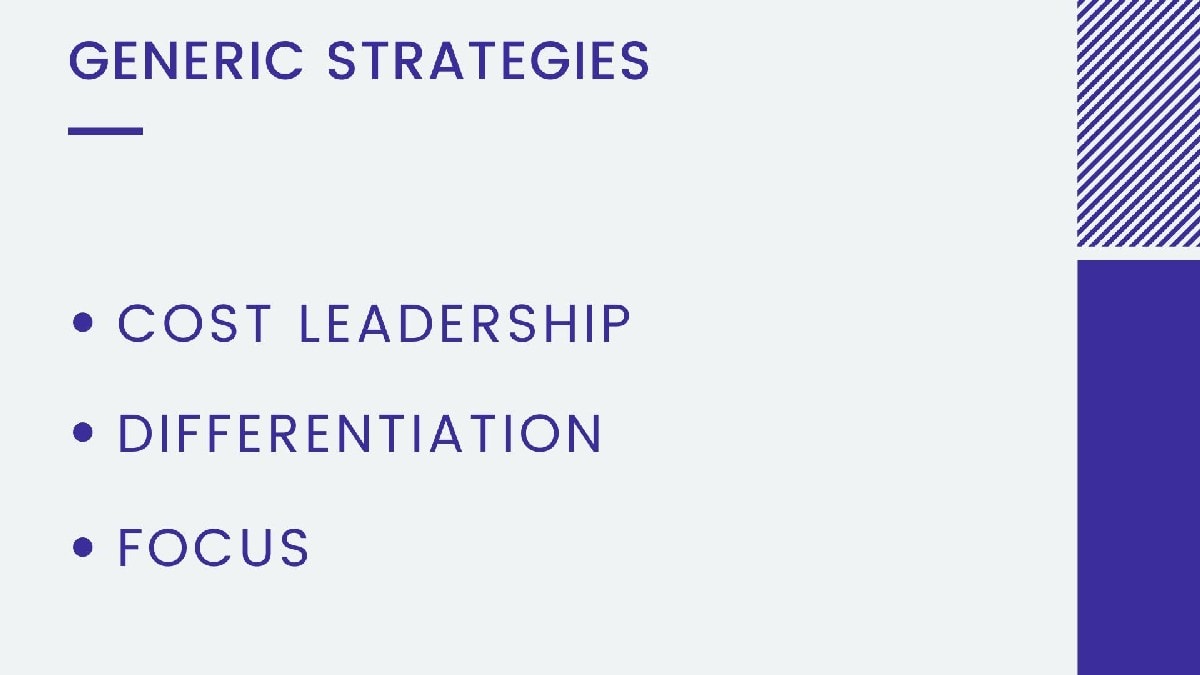When a product is conceptualized, its requirements and specifications are documented so that the product teams can understand what the product will be, how it…
Top 12 Most Important IT Skills for 2020
IT skills are high in demand in all kinds of businesses, and job opportunities for the professionals that are adept in IT skills are continually…
Friendliness and Its Importance
The quality of a person to be friendly and pleasant towards anyone is understood as friendliness. In other words, you may also define friendliness as…
How to Motivate Yourself?
Having some motivational factors that can drive you to work towards your goals continually is integral in increasing your success ratio. – That is why…
11 Self Development Skills and how to Improve them
Do you want to improve productivity and achieve great success in life? Then you need to work upon gaining some of the vital self-development skills….
Self Motivation – Meaning and Types
Have you ever met with the people who do things that should be done without being influenced by any other people or any external factors?…
Conscientiousness
The quality of performing one’s duty thoroughly or taking one’s obligations to others seriously with absolute sincereness is understood as conscientiousness. Other characteristics that are…
Pricing Methods – Cost Oriented and Market Oriented Pricing
The name of the title gives you an idea of what would be the topic of this article. The price of a product is one…
10 Causes of Urbanization – Positive And Negative Effects of Urbanization
When it comes to causes of urbanization, the two primary reasons that occur in mind are the natural population increase and rural to urban migration….
What is Micromarketing? Definition, Types, and Examples
Micromarketing is a marketing strategy that involves targeting consumers on an individual basis. Rather than aiming campaigns at large, undefined segments of the population, micromarketing…
What are Essential Skills? 8 Essential Skills you should know
The necessary skills that we need to lead our life, learn and work are understood as essential skills. The concept of essential skills is becoming…
What is Product Research?
The type of marketing research which helps with providing information about the required features of a product or a service is called product research. In…
What is Article Marketing? 7 Steps in Article Marketing
Are you looking for some practical ways to improve the organic search ranking of your site? Then Article Marketing can be quite useful for you….
Porters Generic Strategies Explained
An economic researcher, Micheal Porter, in the early 1980s, studied the competitive behavior that comprise successful behavior. The purpose of his study was to determine…
What is a Direct Report and How Can Executives Manage Direct Reports ?
Most of us dream of having people working for us and giving orders to them and controlling their work. But when it happens, then we…














